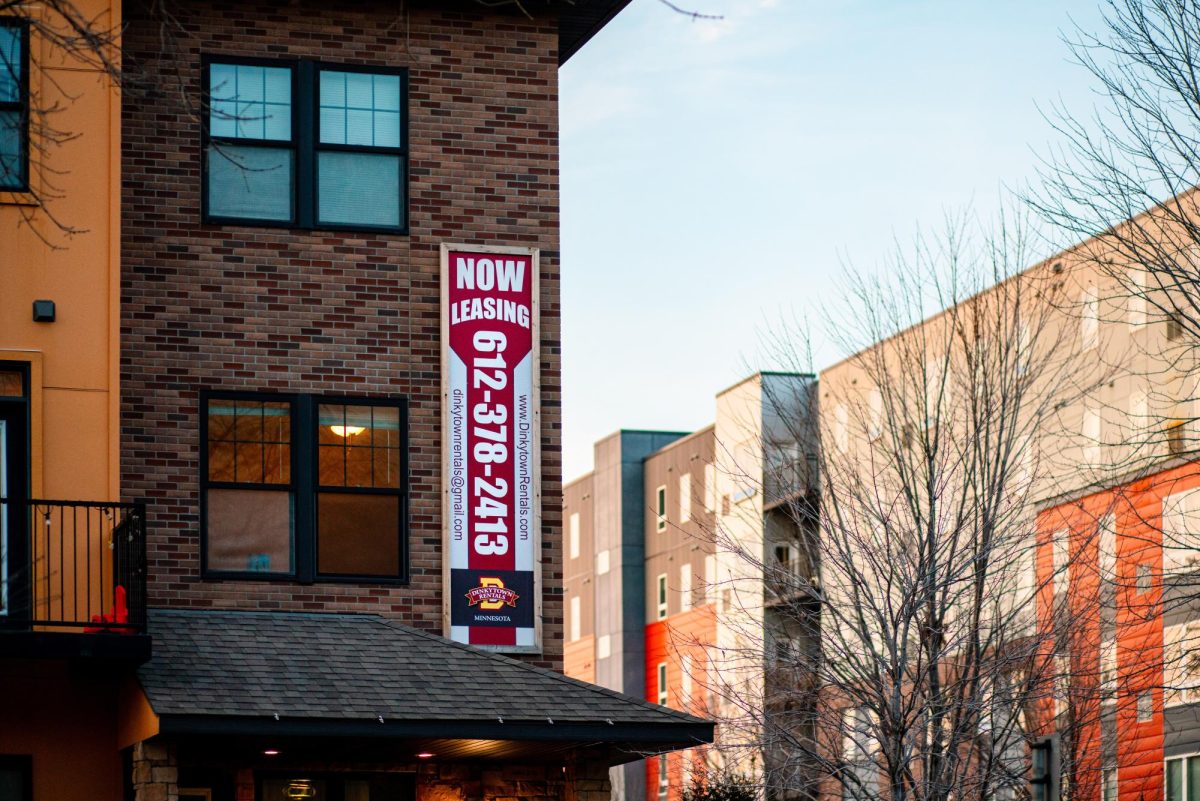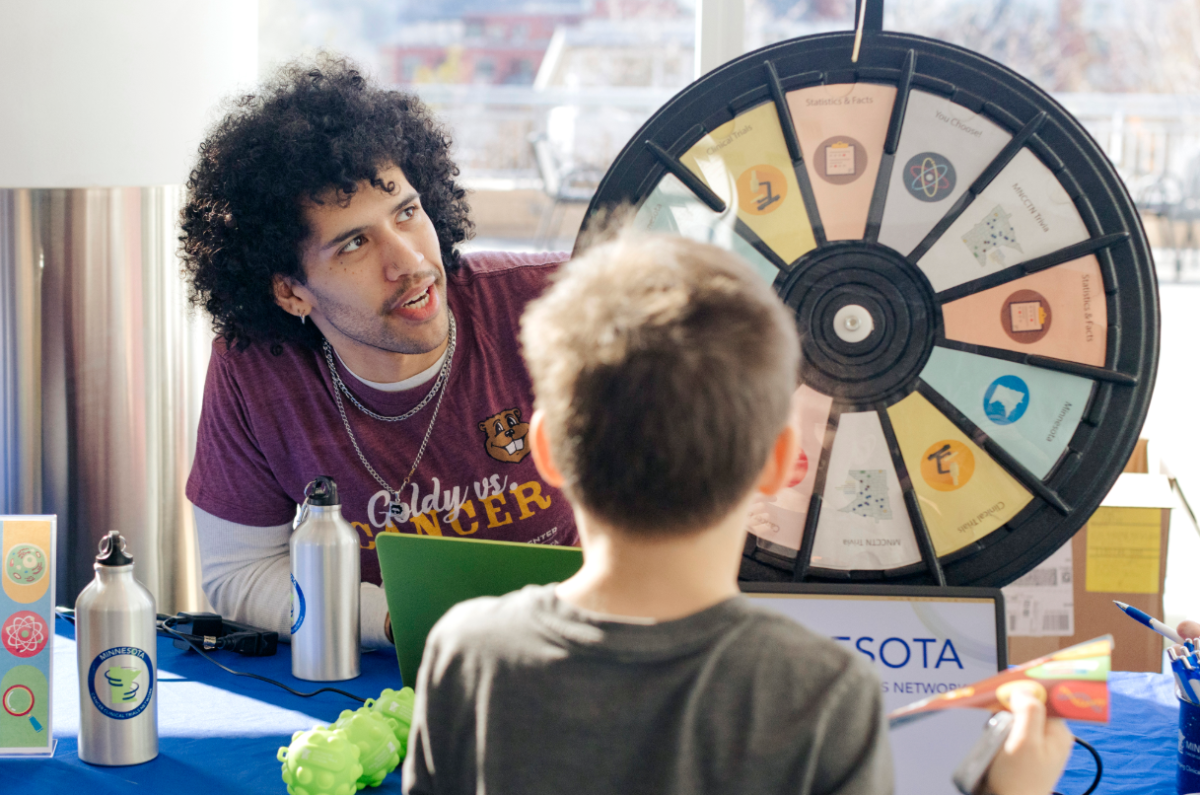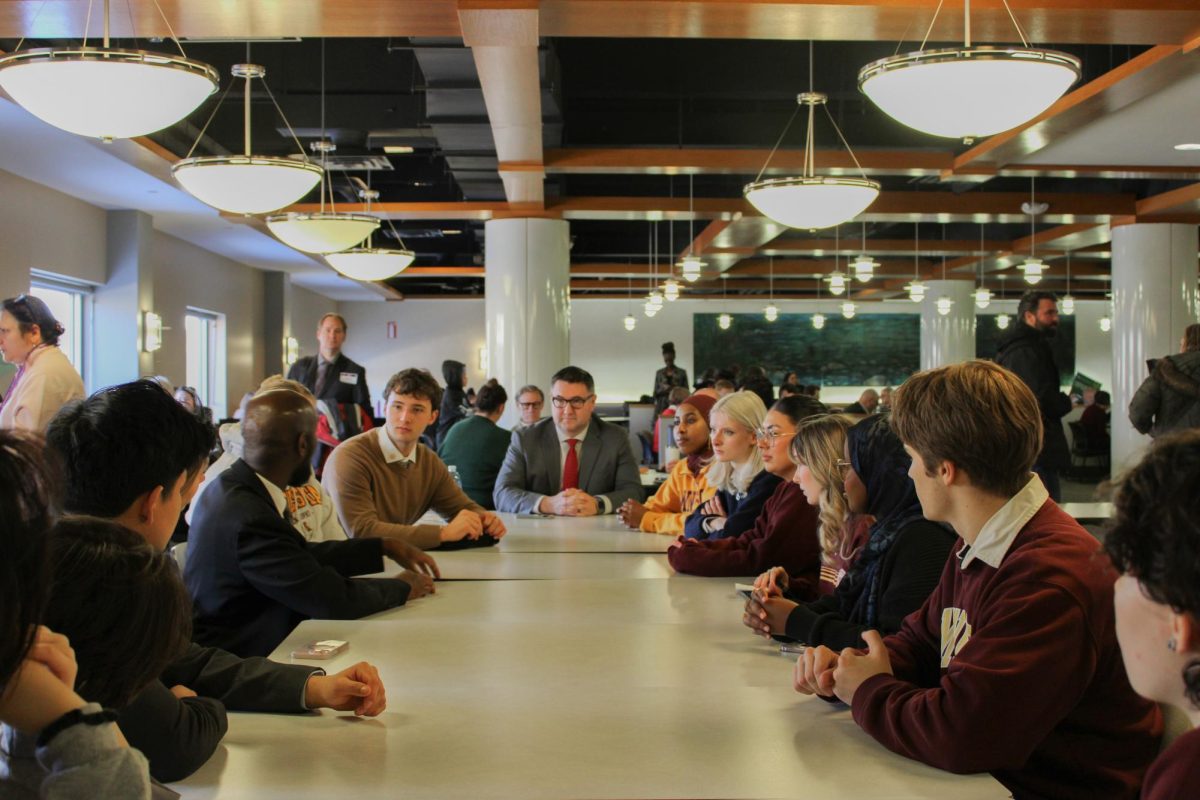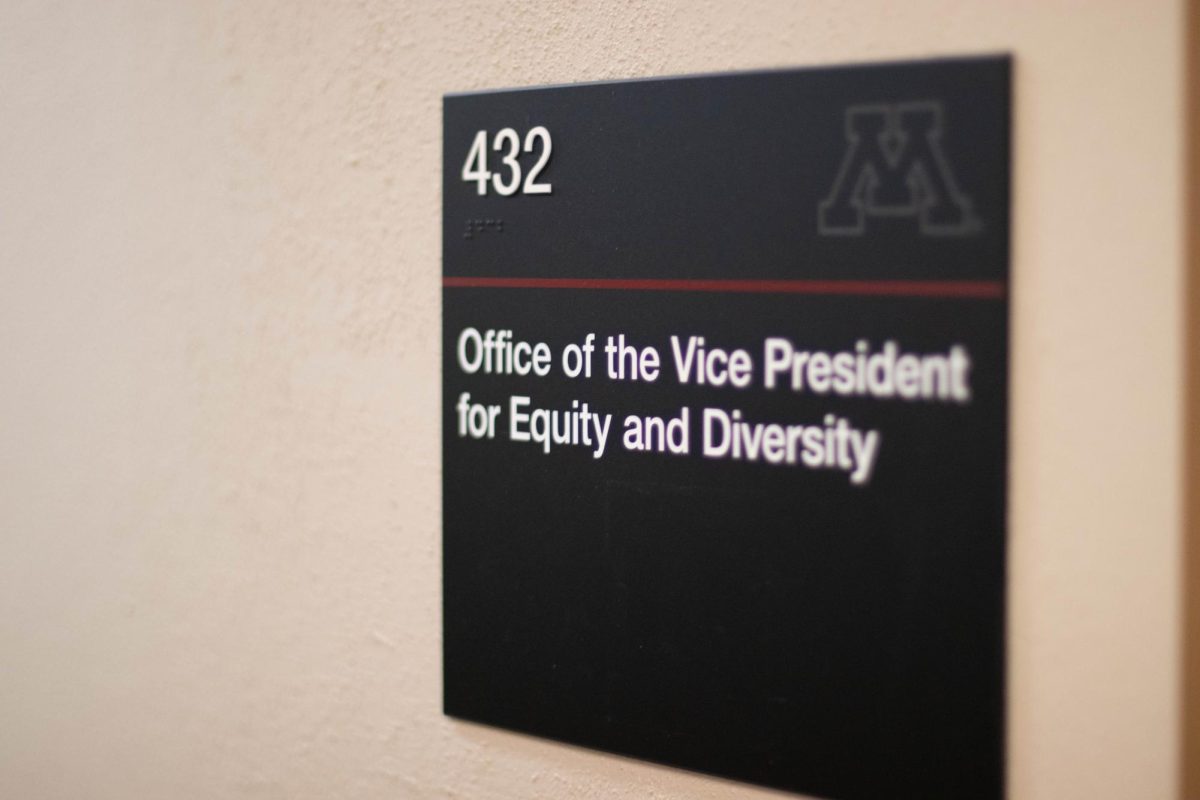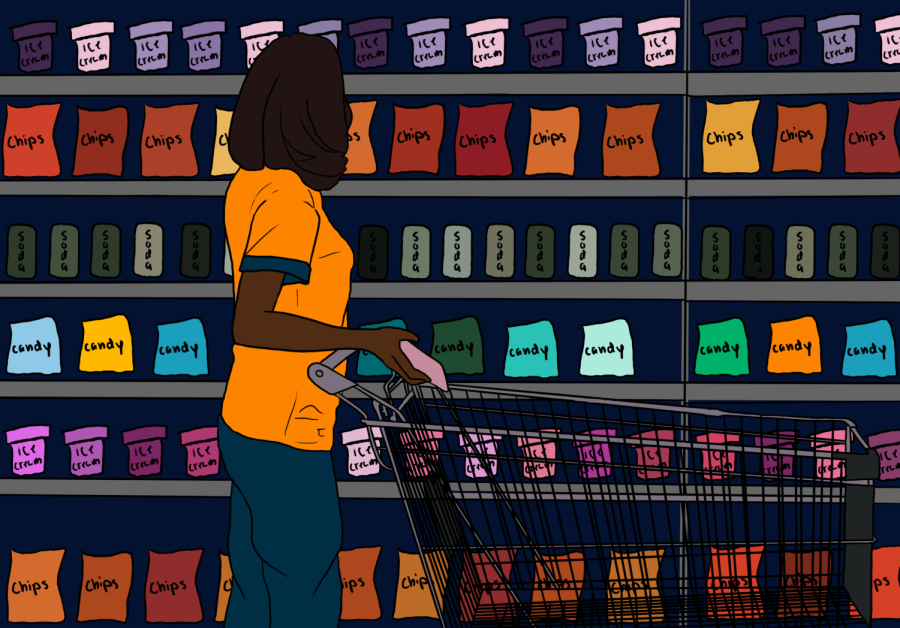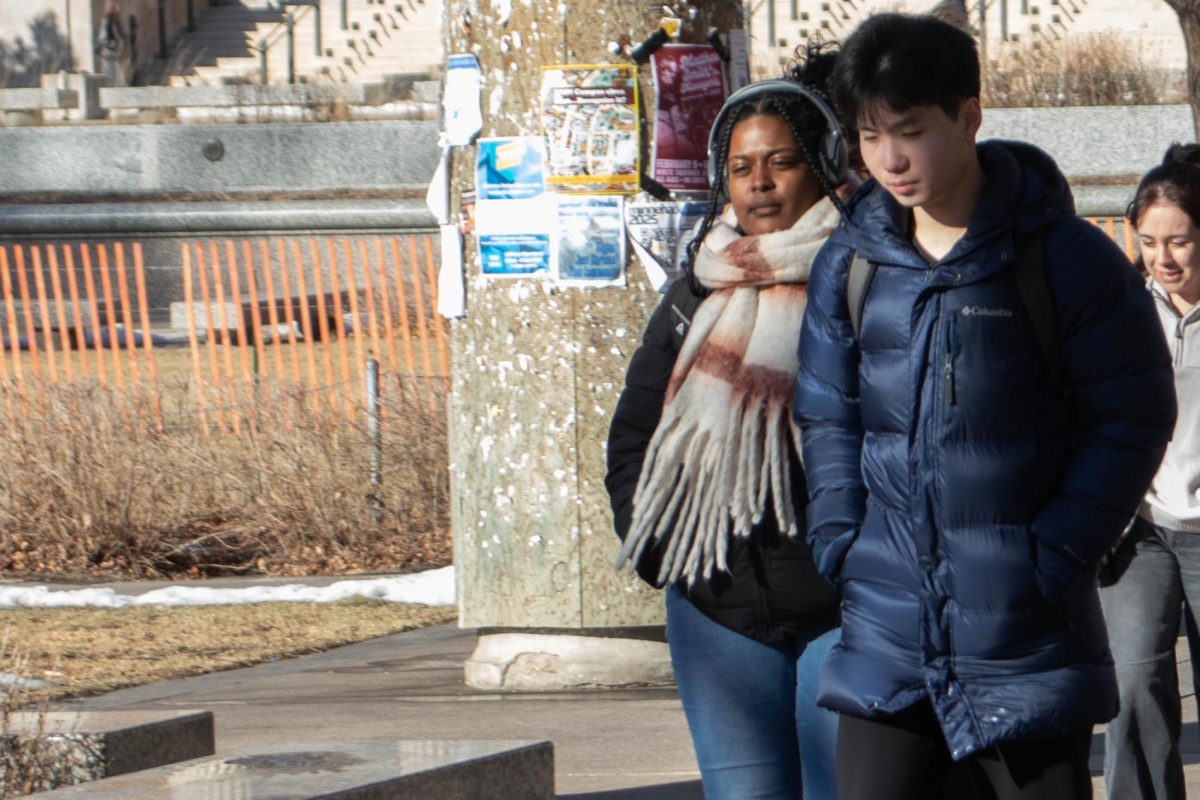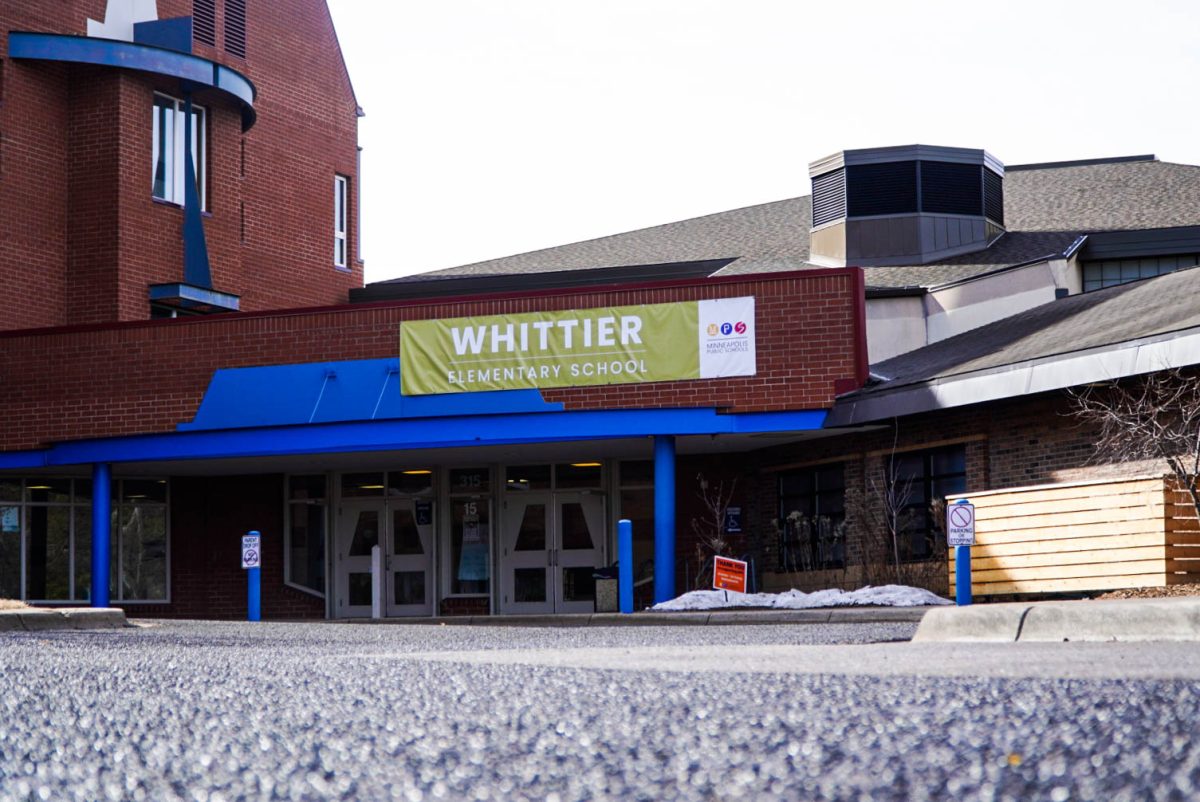University of Minnesota students are weighing their housing options for the upcoming school year, as some choose their housing due to financial reasons or upcoming graduation.
Some students decide to stay in their current housing, while others look for options elsewhere. Students may choose to live in off-campus housing as opposed to the dorms.
Frederic Esters, a third-year sustainable agriculture and food systems major, currently lives in a duplex in St. Paul and plans to continue to live there next year due to the convenience of having public transportation nearby and having a lot of space. He has four roommates and two of them are current students.
“Financially, it’s a good move, and it was a lot of work to haul all of our furniture up the stairs,” Esters said. “It made a lot more sense [staying there] since most of us are students and didn’t want to move again.”
Esters lived in their parents’ house during their second year in order to save money and did not want to live in the dorms again due to their high cost. Since Esters had to prioritize classes, he had to change their work schedule in order to make time for classes and volunteer work.
“I ended up having to drain everything I had saved to get through the semester, so my classes had a hidden cost,” Esters said.
According to Esters, one negative aspect of living in their duplex is the lack of communication with their landlord with problems about their unit, which is an older building.
“We had squirrels in our walls, [a] huge safety hazard,” Esters said. “They didn’t do anything until we had to go and get a house safety inspector to check things out and mandate our management company to try to do something, and the most they did was cut branches around our house.”
With some students choosing to live in off-campus housing, the Undergraduate Student Government (USG) wants to remove potential barriers students face with housing, such as leasing terms and addressing maintenance issues.
Siya Sakhardande, a third-year student and USG’s government and legislative affairs state coordinator, said concerns over the Identity Dinkytown apartment complex sparked conversations with students regarding making decisions about housing in order to hold landlords accountable.
USG helped pass legislation last year which will require landlords to wait six months before a lease expires for students to choose to renew them.
“In my lease, it’s written that within 15 days of moving in, I have to tell them whether I want to move in or move out, and you can’t make that judgment call 15 days in,” Sakhardande said. “The pressures faced by students to re-sign as quickly as possible and the panic and chaos that causes in your life is not really productive.”
USG helped pass legislation giving students an option to allow their landlord to enter their space to inspect issues before moving in and out. Currently, landlords ask students to take photos of issues in their apartment only for the issues to not be resolved, resulting in charges after moving out. Both pieces of legislation will take effect on Jan. 1.
“This is our first time signing real contracts, paying these fees, learning how to live by ourselves and be independent,” Sakhardande said. “Giving students the choice to make these decisions in a manner that’s respectful of their timeline as a student and a tenant empowers them to make these decisions and to make decisions that they won’t regret.”
Dhruv Bala, a fourth-year computer science student who currently lives at Wahu Apartments, is graduating from the University this year and plans to apply for graduate school. His housing plans are up in the air due to the possibility of not getting into his desired graduate program.
“I’m trying to go out of state, so I’m still uncertain about where I’d live,” Bala said. “I’d probably pick an apartment by the campus I go to, and if I don’t end up getting into where I want this cycle, then I’ll probably end up staying at home for a few months and apply in the spring cycle.”
Bala said if he does get admitted into a graduate program, all he is worried about is learning how to cook, since he currently utilizes a meal plan from the University. He added if he ends up staying at home, he is worried about wasting time and not doing useful things such as getting a job.
“A lot of the fear is anticipation, and when it actually happens, you feel bad for a few days, but your mind adapts,” Bala said.
Bala is not concerned about his housing situation, adding he has faith he will end up on the best path for him.
“At this point, I just put my all into sending my applications out and after that look into opportunities for money,” Bala said. “Part of it depends on where I get in, because a lot of jobs require an in-person commitment, then I want to know where I’m going.”
Sakhardande encourages students to bring their housing concerns to the University’s Student Legal Service, which is able to review leases and resolve issues between landlords and roommates.
“The situation with the Identity brought more awareness to the resources that we have on campus,” Sakhardande said. “You pay for them, they’re there for you, they will support you, and that is often a resource that I will redirect students to whenever I hear concerns.


